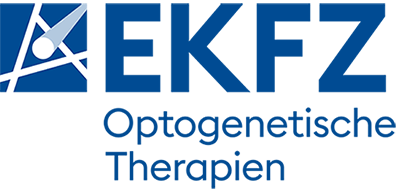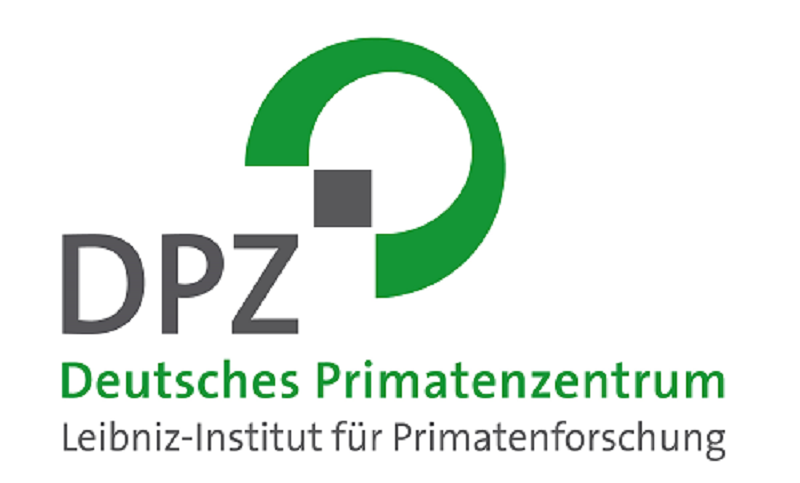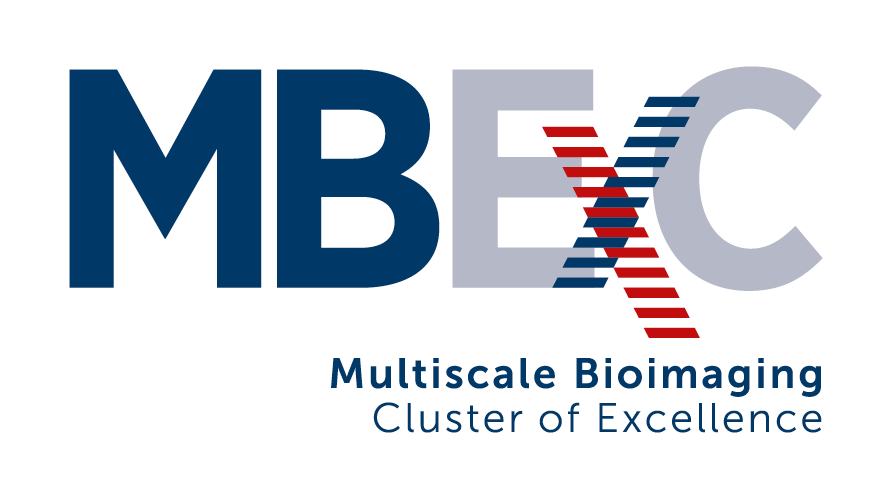Development
Specifically, the EKFZ for Optogenetic Therapies aims to develop and implement four therapeutic approaches:
Team I: Optogenetic Hearing Restoration
Team II: Optogenetic Vision Restoration
Team III: Optogenetic Gastric Pacemaking
Team IV: Optogenetic Brain Computer Interfaces
With their expertise and the support of the five platforms, these teams aim to develop therapeutic options for patients suffering from deafness, blindness, gastroparesis, and motor deficits. This includes the development of optogenetic cochlear implants and optogenetic tools for retinal stimulation, gastric pacemakers, and brain-computer interfaces.













